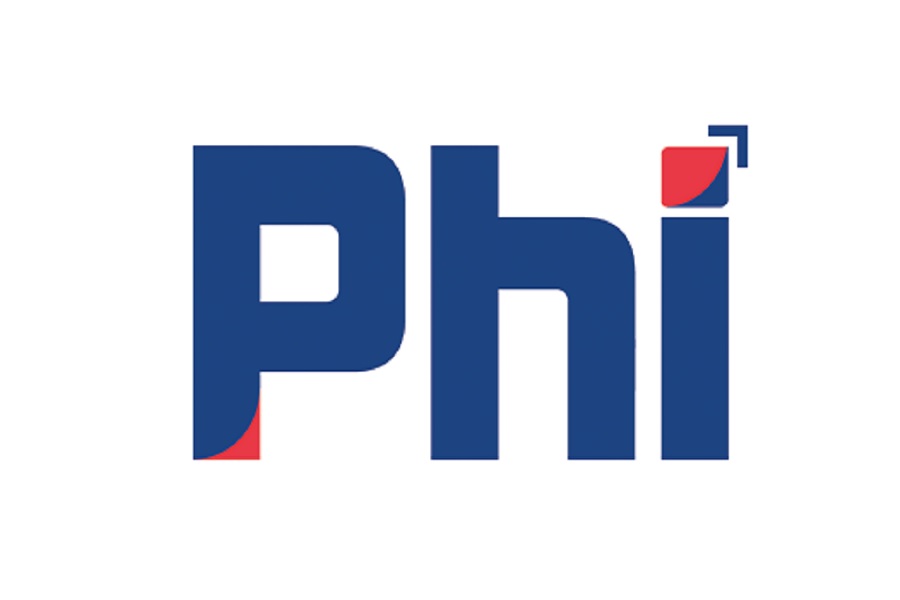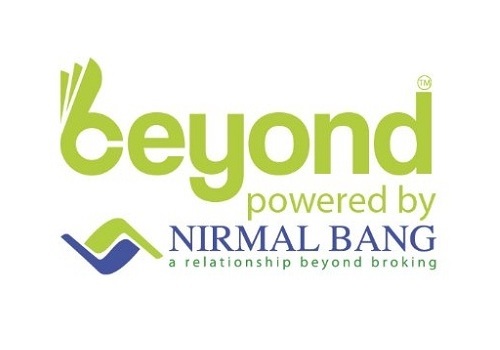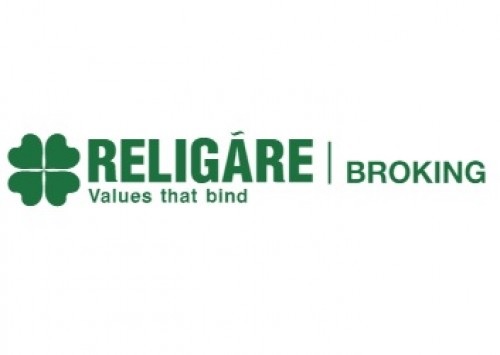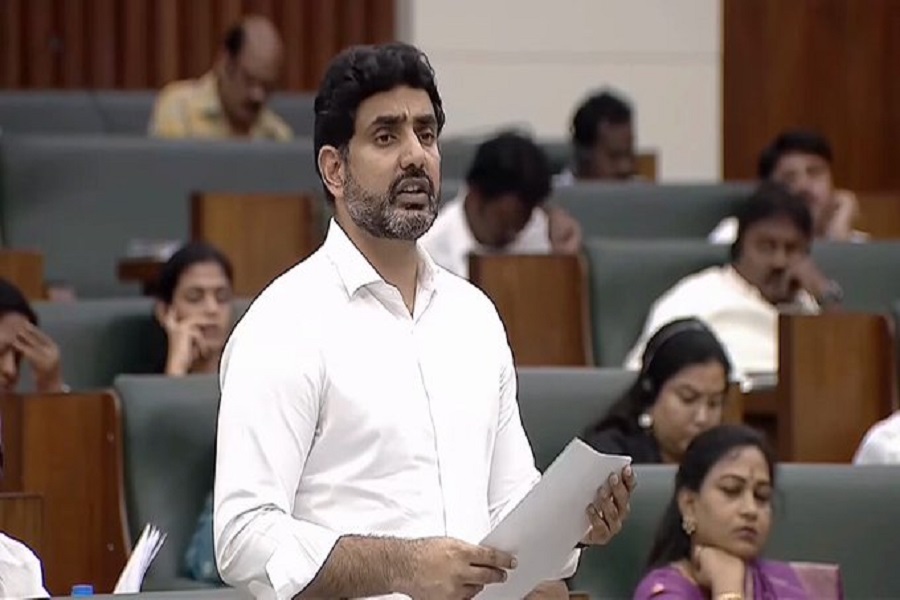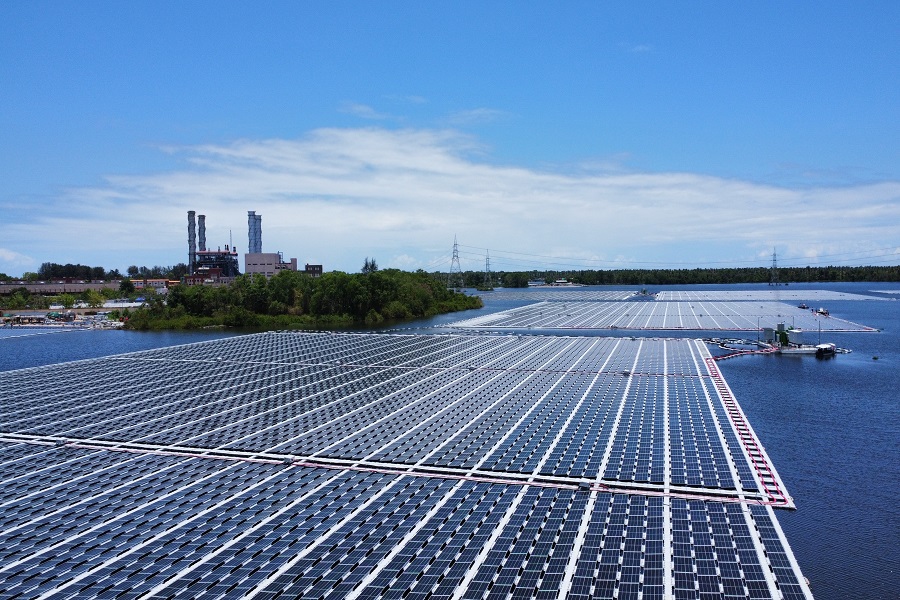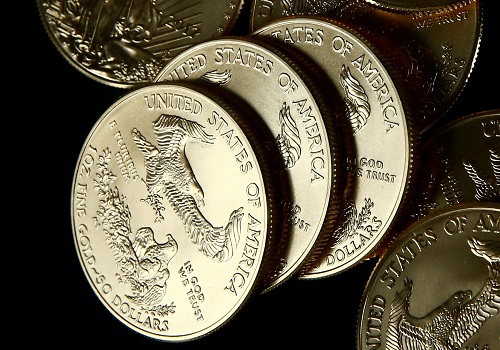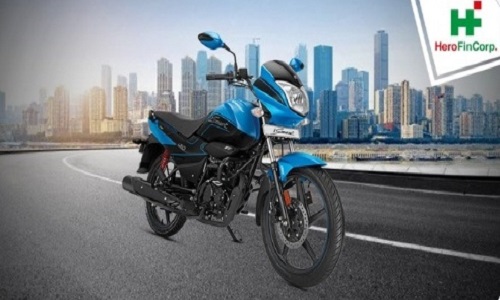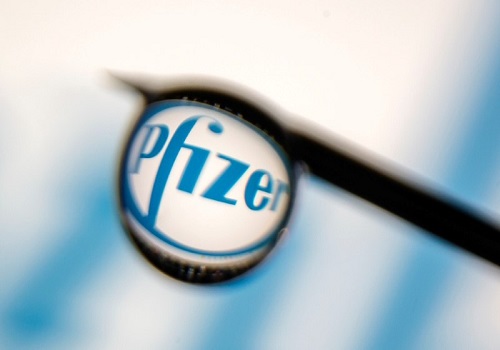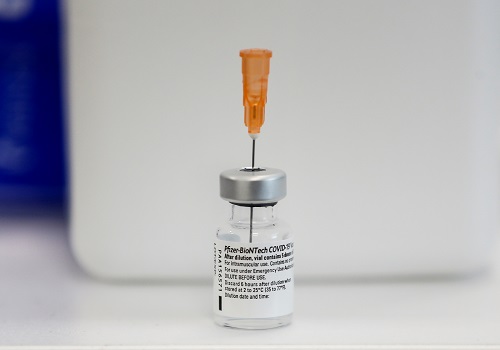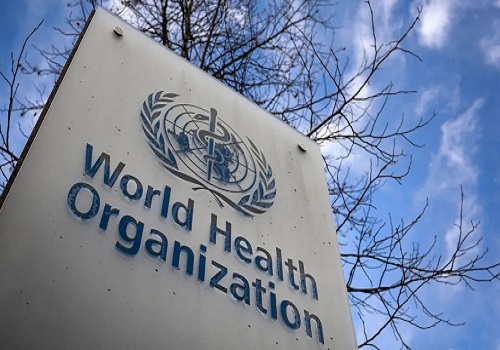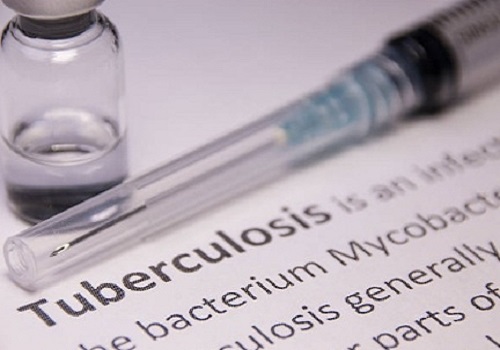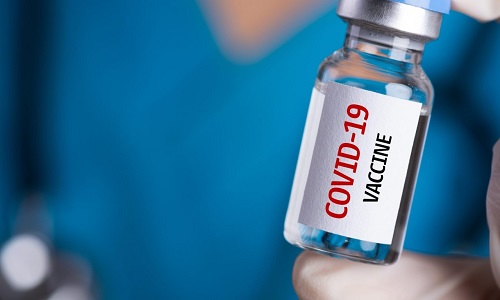WHO approves Pfizer Covid-19 vaccine for emergency use
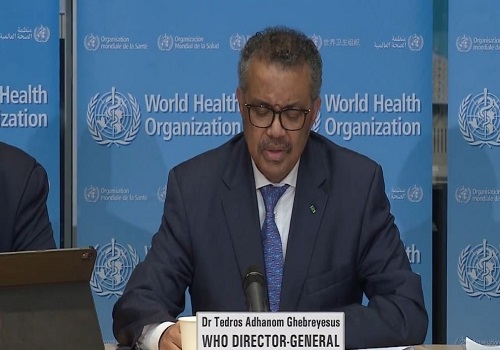
Follow us Now on Telegram ! Get daily 10 - 12 important updates on Business, Finance and Investment. Join our Telegram Channel
The World Health Organization (WHO) has granted emergency use validation for the Pfizer-BioNTech Covid-19 vaccine, opening the door for countries to expedite their own regulatory approval processes to import and administer the vaccine.
While many countries rely on their own regulatory systems for vaccine approvals, some countries with weak system depend on WHO's nod to a great extent for rolling out their national vaccination programmes.
The WHO's emergency validation also enables Unicef and the Pan-American Health Organization to procure the vaccine for distribution to countries in need, the UN health agency said on Thursday.
Several countries including the US and the UK have already approved the Pfizer-BioNTech Covid-19 vaccine.
This is the first time WHO has granted emergency validation to a Covid-19 vaccine since the outbreak began a year ago.
"This is a very positive step towards ensuring global access to Covid-19 vaccines. But I want to emphasise the need for an even greater global effort to achieve enough vaccine supply to meet the needs of priority populations everywhere," Mariangela Simao, WHO Assistant-Director General for Access to Medicines and Health Products, said in a statement.
The WHO noted that the vaccine requires storage using an ultra-cold chain -- it needs to be stored at minus 60 degree C to minus 90 degree C.
This requirement makes the vaccine more challenging to deploy in settings where ultra-cold chain equipment may not be available or reliably accessible.
For that reason, WHO is working to support countries in assessing their delivery plans and preparing for use where possible.
"WHO and our partners are working night and day to evaluate other vaccines that have reached safety and efficacy standards. We encourage even more developers to come forward for review and assessment."
Regulatory experts convened by WHO from around the world and WHO's own teams reviewed the data on the Pfizer-BioNTech vaccine's safety, efficacy and quality as part of a risk-versus-benefit analysis.
The review found that the vaccine met the must-have criteria for safety and efficacy set out by WHO, and that the benefits of using the vaccine to address Covid-19 offset potential risks.
